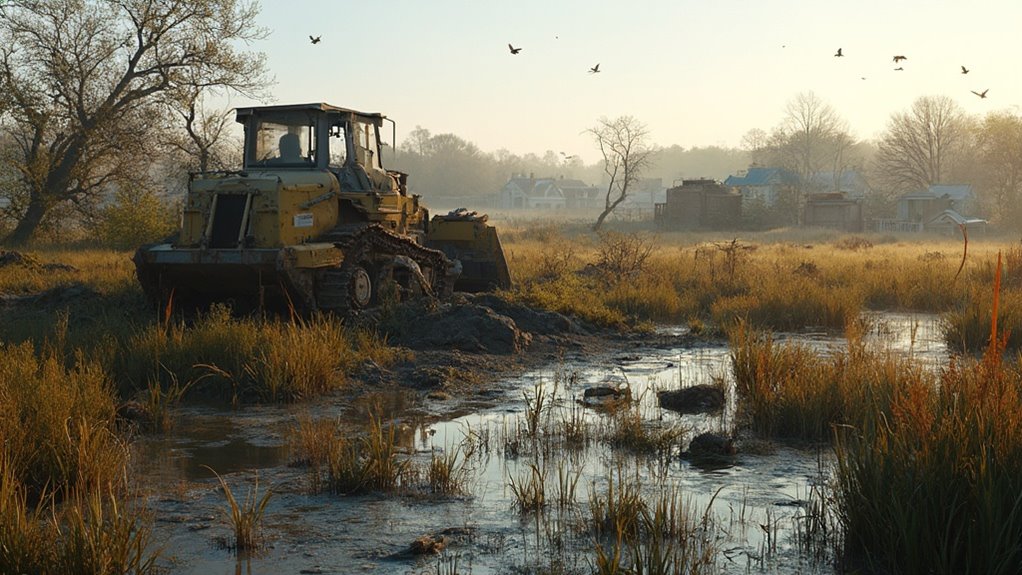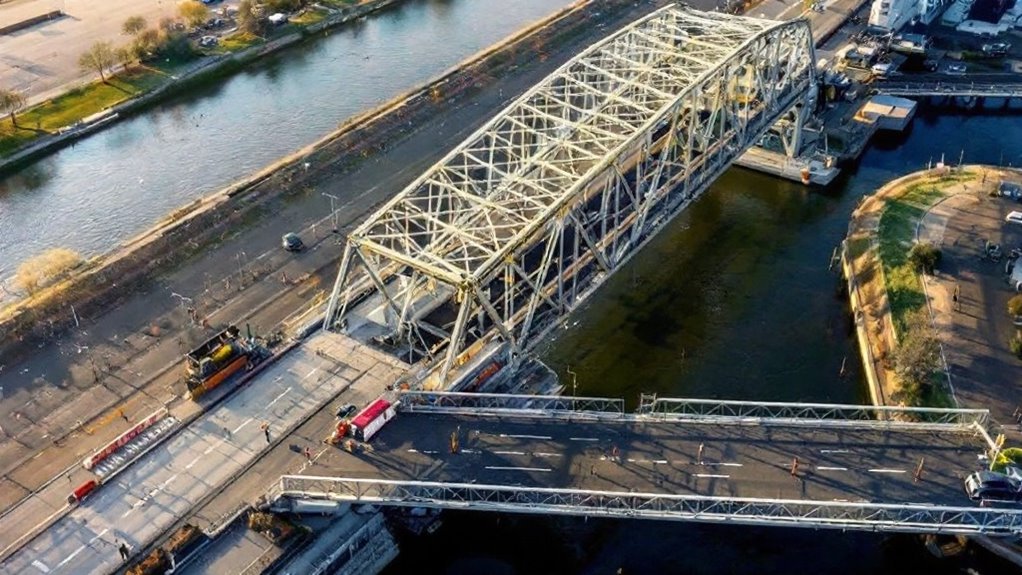While Ontario once had robust environmental safeguards, recent years have seen significant changes to the province’s protection systems. The Environmental Bill of Rights (EBR), created in 1993 to give citizens a voice in environmental decisions, has faced mounting challenges. Recent audits show that government ministries often fail to meet their EBR duties, sometimes skipping required public input periods when making important changes.
Conservation Authorities, which have long protected Ontario’s watersheds, have lost significant powers under new laws like Bill 23. They can no longer stop developments based on pollution or conservation concerns. This change affects their ability to manage floods and prevent erosion, putting communities at risk.
Ontario’s watershed guardians stripped of vital powers, leaving communities vulnerable to increased flooding and erosion risks.
The province’s wetlands face growing threats too. Southern Ontario has already lost two-thirds of its original wetlands. Between 2011 and 2015 alone, over 7,300 hectares disappeared. The government has weakened wetland evaluation systems, making it easier to build on these sensitive areas that naturally control flooding and support wildlife.
Changes to the Environmental Assessment Act have also raised concerns. The government now requires less thorough reviews for what it calls “low-risk” projects. Some waste, stormwater, and water systems may soon be exempt from licensing requirements. Critics worry this could harm ecosystems and public water systems. The Ministry of the Environment has stated its commitment to maintaining strong environmental protections while pursuing modernization efforts.
Projects like Highway 413 have moved forward despite warnings about their environmental impact. At the same time, industrial wastewater regulations have been relaxed, and Conservation Authorities can no longer fully review water-taking permits.
Groups advocating for environmental protection want the EBR updated to include a clear “right to a healthy environment” and better public access to environmental data. They also call for more accountability in decision-making.
Without these changes, experts warn that Ontario’s natural systems face growing risks from development, climate change, and reduced oversight. The pattern of weakening environmental rules has damaged public trust in the government’s commitment to protecting Ontario’s natural heritage.
The push for stronger protections reflects growing public concern about environmental transparency and long-term stewardship. Advocates argue that meaningful change requires not just policy updates, but a renewed commitment to public accountability. Explore how environmental issues are being addressed across the region on Marketplace Niagara.









